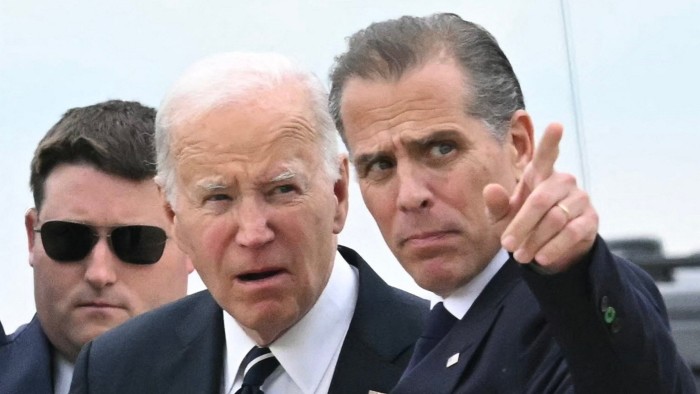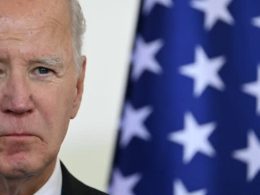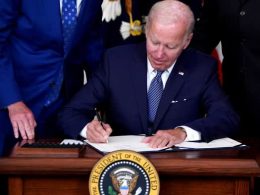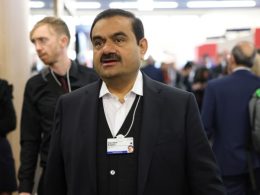Unlock the White House Watch newsletter for free
Your guide to what the 2024 US election means for Washington and the world
On one level Joe Biden’s decision to pardon his son, Hunter, invites sympathy. Donald Trump’s nomination of ultra-loyalist Kash Patel as FBI director presages a season of retribution against the incoming president’s adversaries. Hunter Biden is close to the top of Patel’s published enemies list of 60 names. Removing Hunter from that roster was the action of a concerned parent. Yet Biden’s pardon was still a big mistake: he handed a gift to Trump, shattering the moral high ground the Democrats had sought to occupy, and giving the president-elect cover for what promises to be a far greater assault on US judicial independence in his second term.
In breaking a promise not to pardon Hunter, Biden has seemingly confirmed Trump’s claim that all politicians are self-dealing, only that Democrats are hypocritical about it. In reality, Trump’s first-term pardons for henchmen such as Paul Manafort, Michael Flynn, Steve Bannon and Roger Stone were, if anything, worse. Yet as Trump prepares to pardon potentially hundreds of Americans convicted for the January 6 storming of Capitol Hill he can point to the fact that Biden was the first US president to use that power on behalf of a son.
Over the past nearly quarter of a millennium, the US pardon has been deployed relatively sparingly. Most presidents have used this constitutional power in the spirit it was intended: to correct miscarriages of justice or to commute unduly harsh punishments. There were moments of controversy. Abraham Lincoln’s successor Andrew Johnson pardoned thousands of confederate soldiers in the wake of the US civil war. Gerald Ford pardoned the disgraced Richard Nixon shortly after taking over the presidency in 1974. In 1977, Jimmy Carter forgave thousands of Americans who dodged the Vietnam draft.
Until Trump, perhaps the most egregious misuse was Bill Clinton’s “pardongate” on leaving office in 2001 — including his half brother, Roger, convicted of cocaine distribution, and Marc Rich, a fugitive from US justice whose ex-wife had donated to Clinton campaigns. There was no precedent, though, for the way in which Trump abused the pardon to reward past loyalty and perhaps in hope of securing future loyalty.
Biden’s son Hunter was convicted in June for lying on a gun registration form about his drug habits and has also pleaded guilty to tax evasion. In the first case, Hunter’s father was right to point out that most Americans would have got away with a misdemeanour. Yet the fact that Biden’s pardon stretched back to anything his son might have done since 2014 put a very different gloss on his proclamation. Hunter shamelessly tried to monetise the fact that his father was vice-president in business forays into Ukraine and China.
Now Biden is reportedly discussing with his White House team whether to issue similar blanket pardons to other names on Trump’s hit list. Any such move would be problematic since a pardon presupposes a crime has been committed. Trump has threatened retribution against his political enemies — who include some Republicans. Patel is also targeting “the entire fake news mafia press corps” and familiar bugbears such as Kamala Harris, Hillary Clinton and Biden himself.
Biden may ultimately feel he has no option but to pre-emptively forgive some Democrats, Republicans, retired generals and others. It is not hard to imagine the political hay Trump would make with such a move. The pattern of partisan let-offs might then escalate to such a degree that the whole presidential pardon system could break through overuse. If that prompted future efforts to reform how it can be used, that would be no bad thing.
Source link









